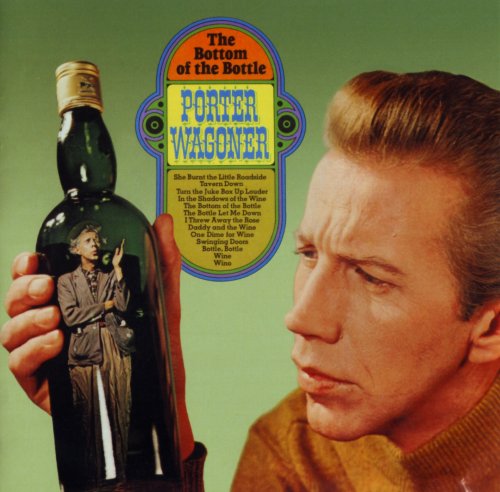

"Remember the old joke," said Hellerman, "about when you play the country record backwards, he gets his wife back and repossesses the truck?" I didn't believe it, because no country woman would ever turn her guy in to the police." "I remember," said Ronnie Gilbert, "a song called 'What Kind of Fool Would Steal 29 Books of Green Stamps?' It was a woman complaining about her man. No, they never played the Grand Ol' Opry as a group, but they listened. They started out talking about the origins of "peoples' songs," which came from folk, labor, spiritual and country roots. This time, it looked like farewell for good. Hays died shortly after the filming of "The Weavers: Wasn't That a Time" (1982), also directed by Brown, the great musical documentary about their farewell concert at Carnegie Hall. "The empty seat is for Lee Hays," Seeger said as the group settled down to talk. "Rehearsal means they sing each of the four songs twice, and then they sit around for hours singing every other song they know, and they all sound great." He's the co-producer of the film and a concert promoter whose acts include the Rolling Stones - and, when he can persuade them, the Weavers. "They claim they only have four songs they've rehearsed enough to play publicly," Michael Cohl said, grinning.
#Wimoweh the weavers year movie#
So the Weavers were a little apprehensive about how it would go after the movie tonight, when they planned "not a concert - more of a nightcap, three or four songs." "But we didn't feel we were necessarily at our best," Hellerman said. The film shows Seeger and the others in joyous voice at a concert also featuring Arlo Guthrie, Theo Bikel, Leon Bibb and Peter, Paul and Mary. "Because of Harold," Hellerman said, "we became the Weavers." He agreed to the Carnegie Hall concert because it honored Leventhal.

Seeger, heir to his friend Woody Guthrie as the nation's folk troubadour, retired from touring a few years ago, claiming his voice was gone. 1 hit with Leadbelly's song "Goodnight, Irene," become the most popular singing group in the country and then faced oblivion because of the blacklist. It was Leventhal who booked them into Carnegie Hall the first time in the late 1940s, and Leventhal who reunited them a few years later at the height of McCarthyism, when the group's left-wing politics had made them victims of a show business blacklist. The occasion was the premiere that evening of Jim Brown's " Isn't This a Time!," a documentary about a Carnegie Hall concert in honor of Harold Leventhal's 50th anniversary as an impresario. Erik Darling and Eric Weissberg have joined the group for reunions since then, and now all five gathered for a conversation before their rehearsal. Lee Hays, the fourth member of the original group, died in 1981. Ronnie Gilbert and Fred Hellerman are pushing 80.


 0 kommentar(er)
0 kommentar(er)
